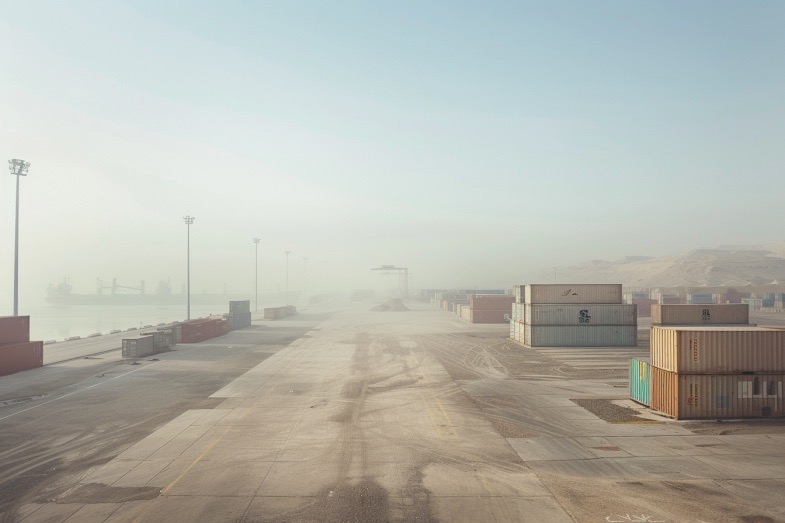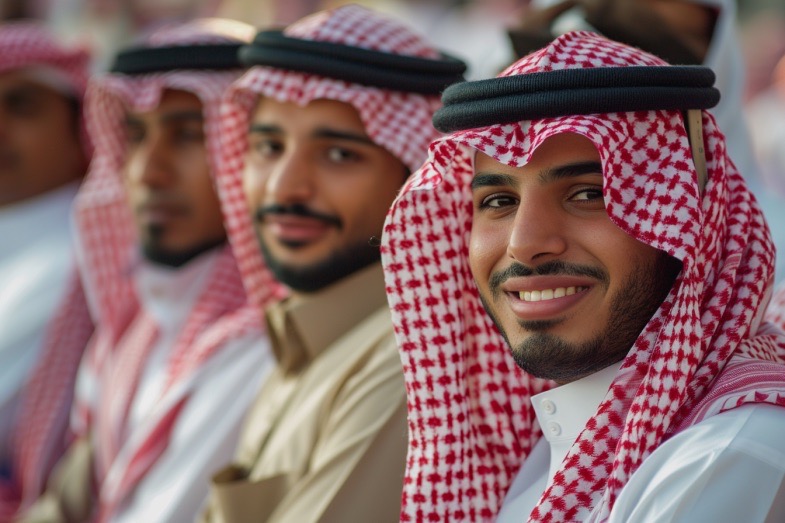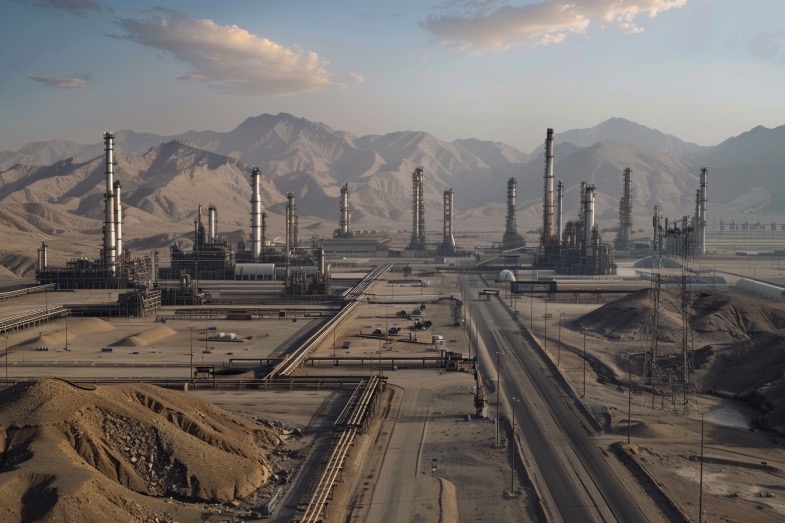Fishing in the Shadow of Geopolitical Tensions
CHICHIRIVICHE DE LA COSTA, Venezuela — The fishermen of Chichiriviche de la Costa start their work early, in a remote village on the Caribbean coast of Venezuela, a two-hour drive from the capital Caracas.
On Thursday, Eduard Ulloa, 47, was at the shore before six in the morning, ready to prepare his boat for the day’s catch.
A US strike on a Venezuelan speedboat allegedly carrying drugs that killed 11 people just a couple of days ago has created big waves in the world of geopolitics, fueling suspicions in Caracas that Washington is trying to topple the regime of President Nicolas Maduro – a man accused by the US of trafficking drugs (a charge he vehemently denies) and on whose head a $50 million bounty rests.
That deadly strike, which followed the deployment of several US warships to the Caribbean on what Washington says is an effort to combat drug cartels, took place on the same seas on which the fishermen of Chichiriviche ply their trade every day.
Yet, unlike their president – who has responded to the US deployment by mobilizing some 4.5 million militiamen to defend the country from what he has described as the “biggest threat seen on our continent in the last 100 years” – these fishermen seem untroubled.
“Nothing has changed for us, everyone is chill,” Ulloa told CNN.
Just a few hundred people live in Chichiriviche, and some 70 families depend on fishing for their subsistence, so not taking the boats out is unthinkable. All the fishermen agree: As long as the government doesn’t issue orders to the contrary, they will continue as normal.
“You can be a little worried,” said Ulloa, a father of three, “But one way or another we must go out, otherwise what are we going to eat? This is our daily bread.”
Ulloa was among dozens of men that day who boarded their small glass-fiber boats in groups of three, armed with nets and lines to hunt for tuna, snapper and groupers to bring back and sell in Caracas.
For many Venezuelans, there is a far more immediate concern than their government’s troubles: Millions of them earn just a handful of dollars a month, barely enough to survive.
The Venezuelan economy has long been troubled by chronic inefficiencies and historically subject to hyperinflationary cycles.
Despite a brief boom in business that followed the pandemic, in recent months a slump has set in once again.
The minimum wage is now worth less than one US dollar, although the government – which sits on the world’s largest oil reserves – complements it with extra handouts and subsidies.
On the streets of Caracas, word of the US strike is on everyone’s lips, but beyond being a popular talking point most people here are keeping calm and carrying on – while doing their best to stay afloat.
“Tension is surely there, but I’m busy working and trying to make my products, so I don’t think about it,” says Gilberto Salas, an ice-cream maker in the central Caracas neighborhood of Chacao.
“My mind is set on working and the nation moves forward by working: I simply hope for a future when it’s companies and entrepreneurs who come to our shores,” he added.



